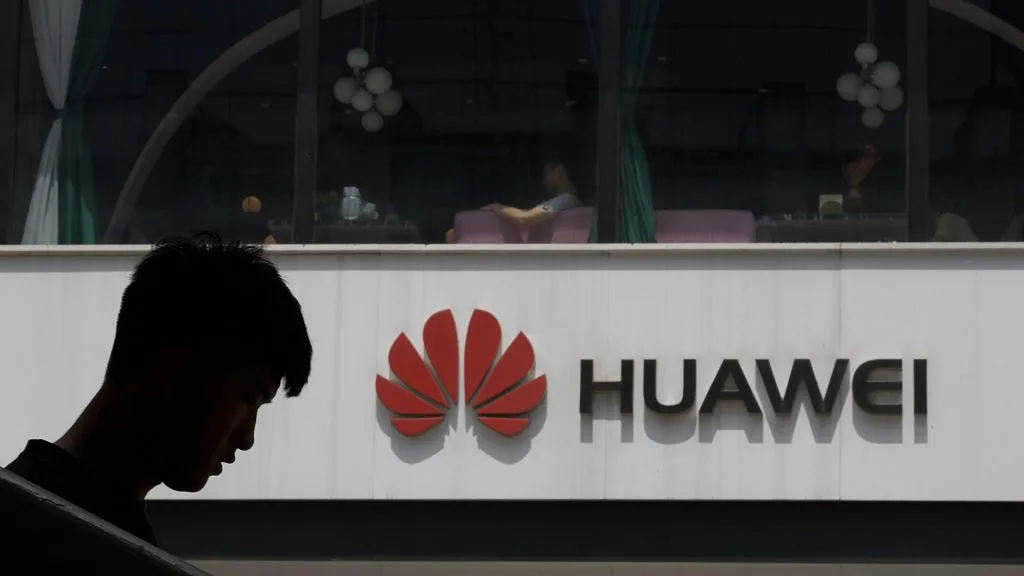Huawei has announced plans to construct a series of large-scale AI computing clusters—dubbed “superpods”—powered entirely by domestically produced semiconductors. The rollout, expected between late 2026 and 2027, underscores China’s push to reduce reliance on foreign chip technology and accelerate its artificial intelligence ambitions.
Scaling AI with Local Innovation
The superpods are designed to deliver massive computing power for advanced AI workloads, including natural language processing, computer vision, and autonomous systems. Huawei says the clusters will be available to both industrial clients and academic researchers, providing the infrastructure necessary to train and deploy next-generation AI models.
By basing the system entirely on Chinese-made chips, Huawei aims to sidestep the impact of ongoing U.S. export restrictions that have cut off access to advanced processors and AI hardware from Western suppliers.
A Strategic Response to Sanctions
Industry experts see the initiative as a strategic response to tightening U.S. export controls that bar Huawei from purchasing advanced chips and semiconductor manufacturing equipment. Over the past several years, Huawei has stepped up investments in domestic chip design and fabrication as part of a broader effort to achieve self-sufficiency.
“The development of homegrown AI clusters is not just about technology—it’s about resilience,” said one analyst. “Huawei is signaling that it can compete at the highest levels despite sanctions.”
China’s AI Ambitions
China has made AI a national priority, setting a goal of becoming a global leader in the field by 2030. Large-scale computing clusters are considered critical to that strategy, as they enable the training of models on par with those developed in the U.S. and Europe.
Huawei’s announcement aligns with Beijing’s wider efforts to expand semiconductor capacity, strengthen cloud infrastructure, and reduce dependence on foreign supply chains.
Looking Ahead
The first Huawei superpods are expected to go online in late 2026, with additional clusters rolling out across China in 2027. If successful, the initiative could bolster Huawei’s role in the global AI race while advancing Beijing’s strategy of technological independence.
However, questions remain over whether domestically made chips can match the efficiency and performance of processors from U.S. and Taiwanese leaders. The coming years will test Huawei’s ability to deliver not only at scale, but also at cutting-edge performance levels.

